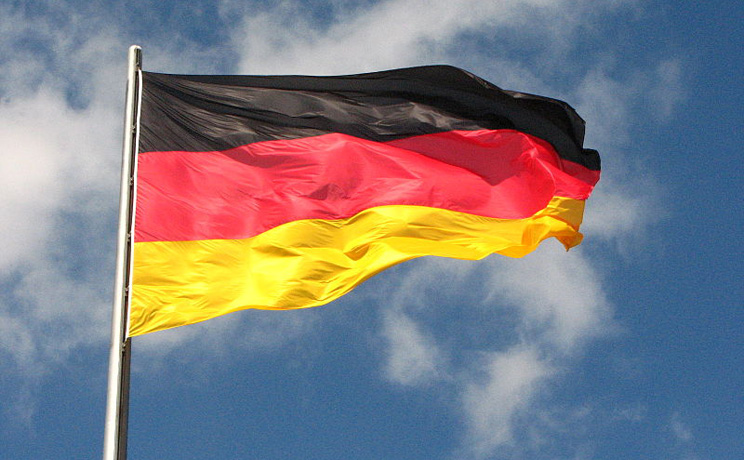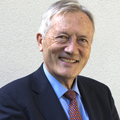Germany and its chancellor, Angela Merkel, are going through some serious tribulations, such as: the mass arrival of immigrants from the Middle East; the ordeal with Volkswagen just as it was about to surpass Toyota to become the world’s leading car manufacturer; the major impact of the slowdown in China’s economic growth on its industrial sector, which is hinged upon exports to the Asian giant; and the forced restructuring of its top bank, Deutsche Bank.
Despite this, nobody questions Germany’s leadership in Europe, which is built upon three strong pillars: economic hegemony, the political authority of Angela Merkel and its decisive influence on the functioning of European Union institutions.
Merkel exercises her personal leadership directly on the most powerful European institution, the European Council, which periodically convenes the heads of state or government of the 28 EU member states.
But a lesser-known fact is that the German Chancellor has also been able fill key positions with a broad spectrum of people she trusts, within the complex chessboard comprising the European institutions. The queen plays the predominant role, but only because she knows there is an effective team of pawns, bishops, knights and rooks backing her up.
These are positions with a large amount of power and access to sensitive information, yet very limited public exposure, which many consider a true “shadow government.” Germany currently has more senior-level officials than ever in the EU and its disparity with other member states is unprecedented in recent decades. Here are a few examples:
European Commission
- Günter Oettinger: European Commissioner for Digital Economy (and former Commissioner for Energy)
- Martin Selmayr: Head of Cabinet of President Juncker
- Ann Mettler: Head of the European Political Strategy Center (EPSC)
- Matthias Ruete: Director General of Migration and Home Affairs
- Walter Radermacher: Director General of Eurostat
- Johannes Laitenberger: Director General of Competition
- Uwe Corsepius: Former Council of Ministers Secretary-General, he has recovered his position as EU affairs adviser to Angela Merkel.
European Parliament
- Martin Schulz: President of Parliament, prominent member of the German Social Democratic Party.
- Markus Winkler: Head of Cabinet of President Martin Schulz.
- Klaus Welle: Secretary-General of the European Parliament, German Christian-Democrat politician. Some call him “the prince of darkness” because he is regarded as the one who truly makes things happen in the chamber behind the scenes.
European Central Bank
- Sabine Lautenschläger: One of the six members (including President Mario Draghi) of the ECB’s Executive Board. She comes from the Bundesbank.
- Jens Weidmann: President of the Bundesbank and member of the ECB’s Governing Council.
Other Key positions
- Jeroen Dijsselbloem: Dutch social democrat, has been reelected as president of the Eurogroup (periodic meeting of the EU finance ministers) thanks to his realignment with the theories of the influential German Finance Minister, Wolfgang Schäuble.
- Werner Hoyer: President of the European Investment Banks (EIB).
- Klaus Regling: Chief Executive Officer of the European Financial Stability Facility and Managing Director of the European Stability Mechanism
Germany’s influence on European Community institutions has continued to rise in the last decade and has been reaffirmed with the euro crisis.
It is not a coincidence. It is the result of systematic efforts: During Merkel’s first term (2005-2009), the Ministry of Foreign Affairs launched a training program for qualified professionals to take over key positions that decide the direction of Europe.
The results are now becoming evident.



